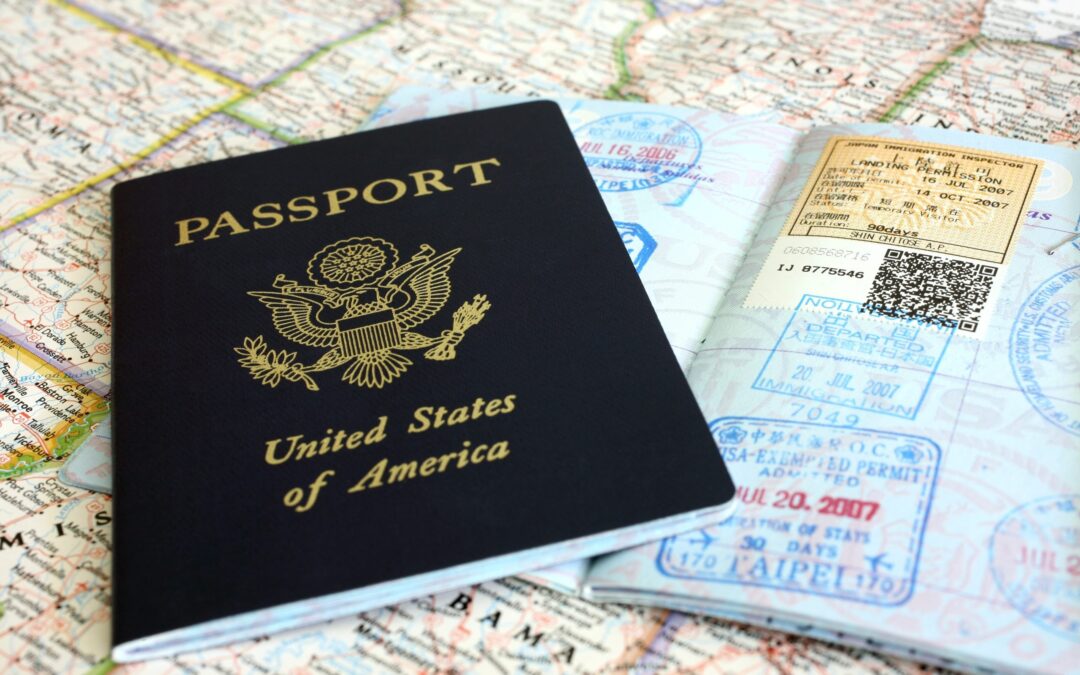Various visa validity periods, waiting periods, deadlines, and other timelines are involved in United States immigration. Two issues that cause significant confusion are the visa and I-94 validity periods. These two terms are often mentioned in the context of U.S. immigration, and understanding their dissimilarities is crucial for individuals traveling to or staying in the United States.
Are you confused about how long you can stay in the United States, or wonder if your visa is about to expire? Contact JCL Immigration Attorneys in Scottsdale, AZ, for assistance and answers. Here is some basic information about these different periods.
Visa Validity Period
The visa validity period refers to the duration the visa holder is allowed to enter the United States. It is essential to note that having a visa does not necessarily guarantee entry, as the border officer at the port of entry has the authority to permit or deny entry into the country. The visa itself merely serves as a travel document that allows an individual to seek admission to the United States for a specific purpose, such as tourism, education, or employment, during the validity period.
Most U.S. visas have expiration dates, and individuals must ensure they enter the United States before the visa expires. It’s crucial to understand that the visa expiration date only indicates the last date the visa holder can seek admission to the U.S. It does not determine the duration of the stay in the United States.
I-94 Validity Period
On the other hand, the I-94 validity period denotes the duration for which a foreign national is permitted to remain in the United States. The I-94 record is a crucial document issued by U.S. Customs and Border Protection (CBP) upon arrival in the United States. It specifies the authorized length of stay for non-immigrant visitors, including tourists, students, and temporary workers.
The I-94 validity period is determined by the inspecting CBP officer at the port of entry, and it supersedes the visa expiration date. Therefore, even if an individual’s visa is still valid, they must leave the United States before the expiration of their I-94 to comply with U.S. immigration laws.
Your visa allows you to enter the U.S. It needs to be valid when you arrive. However, once you’re in the U.S., the expiration of your visa doesn’t usually affect how long you can stay. The date on your I-94 admission record determines how long you can remain in the U.S.
Key Differences
The primary differences between the visa validity period and the I-94 validity period are as follows:
- Visa Validity Period: This is when a visa holder can seek entry into the United States.
- I-94 Validity Period: This denotes the authorized period for which a foreign national can stay in the United States after being admitted at the port of entry.
“The admitted-until date or D/S notation, shown on your admission stamp or paper Form I-94 is the official record of your authorized length of stay in the United States. You cannot use the visa expiration date in determining or referring to your permitted length of stay in the United States.”
Understanding these differences is crucial for maintaining legal status in the United States. Individuals should be aware of the expiration dates of their visas and I-94 records to avoid overstaying their authorized period of stay.
Experienced Visa Assistance in Arizona
The nuances between the visa validity period and the I-94 validity period play a pivotal role in navigating the U.S. immigration system. An Arizona visa lawyer with JCL Immigration Attorneys can help you understand and adhere to the regulations associated with these two aspects to help ensure your compliance with U.S. immigration laws.
Contact us today to learn more and enjoy a hassle-free experience during your stay in the United States.

